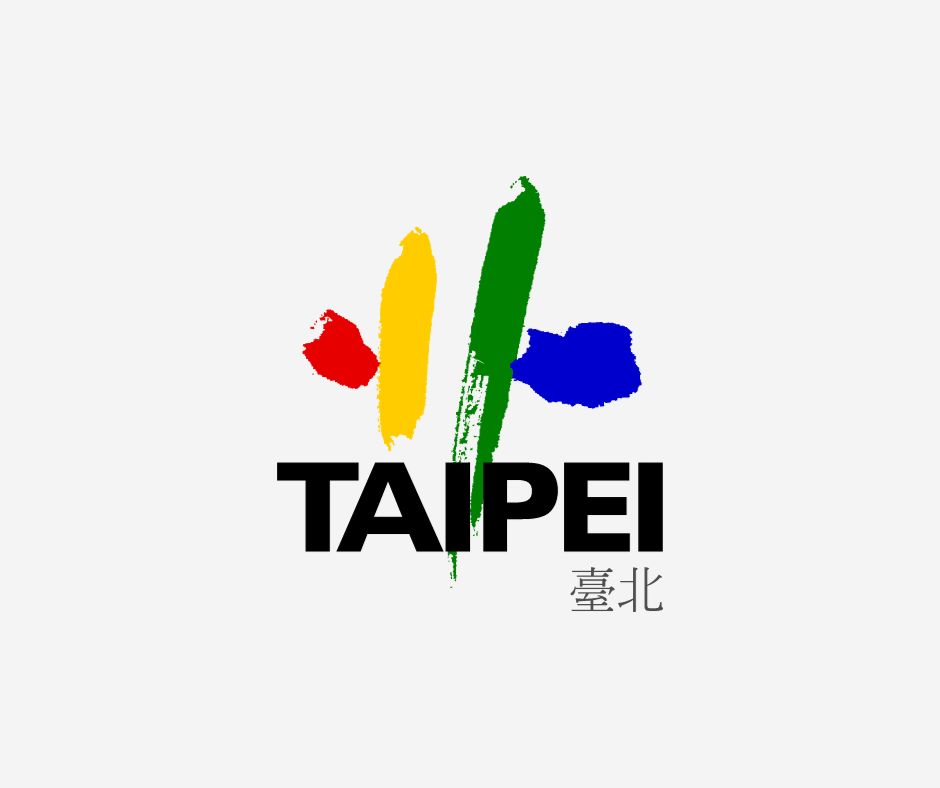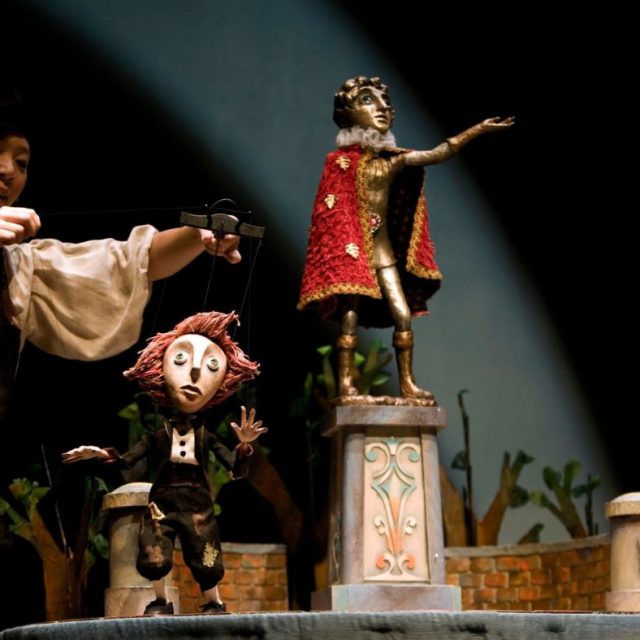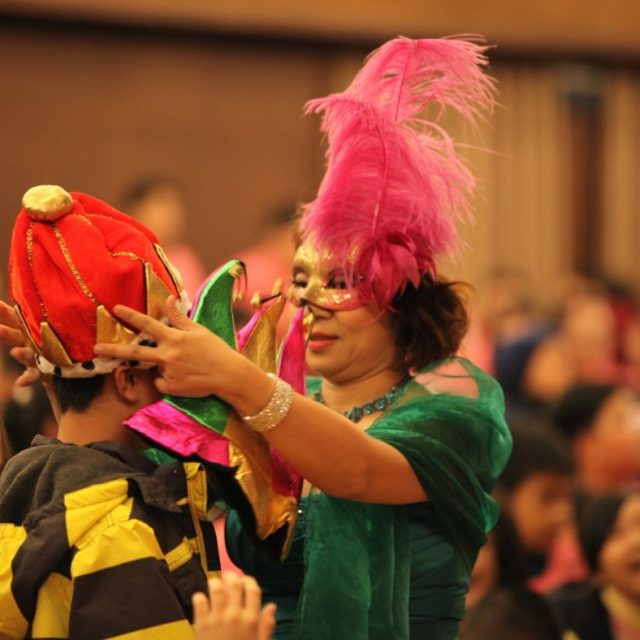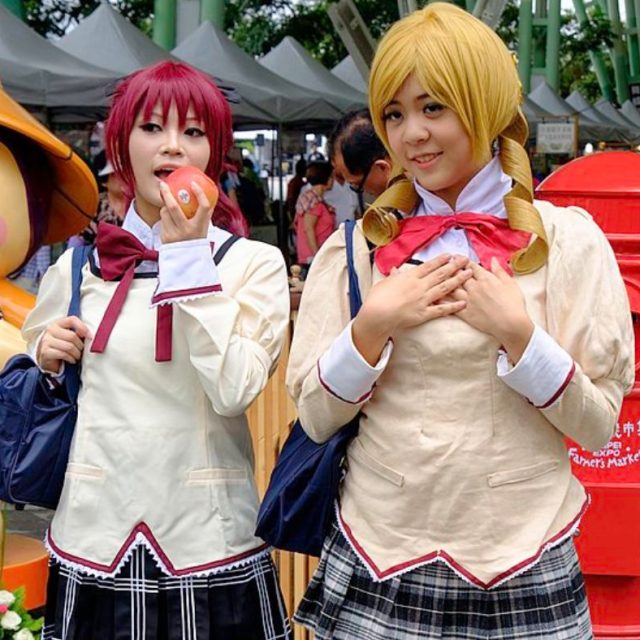Taipei’s Cultural Vision: An innovative approach to developing the arts landscape
Taipei is the economic, political, educational and cultural centre of Taiwan, with a population exceeding 2.5 million, it has earned the distinction of being a smart city

Cultural Heritage
Taipei is a city with a unique blend of Western and Eastern influences, and a proud commitment to equality and openness. Seeing itself as a leader in Asia on social issues, a technological powerhouse, and a ‘smart city,’ Taipei City also houses most of Taiwan’s leading cultural institutions and about a third of its creative industries.
In 1996, it established a body now known as the Taipei Gender Equality Committee. Its first Gay Pride parade was held in 2003, and in 2019, Taiwan became the first place in Asia to legalise same-sex marriage. This openness has also set the tone for arts and culture provision, allowing them to flourish.
Embracing Change
Taipei City’s commitment to being a smart city has led it to create new infrastructure through collaboration across sectors and professions, mixing industry with architecture, schools, technology, and business, so that every new addition benefits the wider city ecosystem. This cross-sectoral thinking can be seen in several recently opened landmark cultural buildings. Taipei Public Library promotes digital reading and embraces innovations such as robotic book sorting. The expansion of Taipei Fine Arts Museum will include a new wing with underground floors, as part of an ‘earth-sheltered architecture’ concept, while the outdoor space is landscaped to create a natural park. Taipei Performing Arts Centre, opened in 2022, is situated outside the city’s traditional cultural quarters, instead being placed next to the night markets to bring in new audiences and develop business in the area.
This blended approach has also worked well for older assets. Taipei has the largest concentration of heritage in Taiwan, with 502 historic buildings or archaeological sites. Since 2013, the City has supported the Old Building Cultural Movement Project to preserve, revitalise, and reuse old houses through a partnership with the private sector. By 2021, 42 old buildings had been successfully matched with operators who have given them new public uses.

The Role of the Policymaker
The main cultural policymaker is the Taipei City Government Department of Cultural Affairs (DCA). Established in 1999, the DCA was the first regional cultural affairs agency in Taiwan. It oversees six cultural institutions, including Taipei Symphony Orchestra, Taipei Fine Arts Museum, and Taipei City Arts Promotion Office, alongside significant new cultural buildings.
The City Government has encouraged citizen participation in shaping cultural assets. Since 2017, the public has been able to attend Cultural Assets Review Meetings, and since 2019 the sessions have been broadcast live online. Public art is also subsidised as a way of integrating art into everyday life, with 668 public art works placed across the city. There are also seasons such as ‘Culture in the Alley,’ which, since 2007, has brought culture and performance out from institutions and into parks, streets, and school playgrounds.
Over the past 25 years, the City has created festivals showcasing the best of culture from Taiwan and overseas, featuring film, arts, children’s activities, Taipei Arts Festival (1998), and Nuit Blanche Taipei, an all-night cultural event (from 2016). Together, these events attract two million attendees every year. Although many were canceled as in-person events in 2021 due to the pandemic, they went online, piloting new ways of delivering culture and meaningful personal connections through digital forms.
The Future
As Taipei City looks to the future, it is committed to integrating digital transformation and culture to ensure long-term sustainability post-pandemic. The city is also acutely aware that, like every city, it faces the effects of the climate emergency. Taipei has committed to reach net-zero emissions by 2050 and is working to combine environmental and ecological protection with cultural values to support this. The City also wants to continue reaching out across Asia, attracting people to Taipei City as a place to meet and network. Recognising the power of culture to bring people together across all these issues, whether it’s its own citizens or international partners, it will continue to invest in making culture part of people’s lives across the city.
Images copyright © City of Taipei




